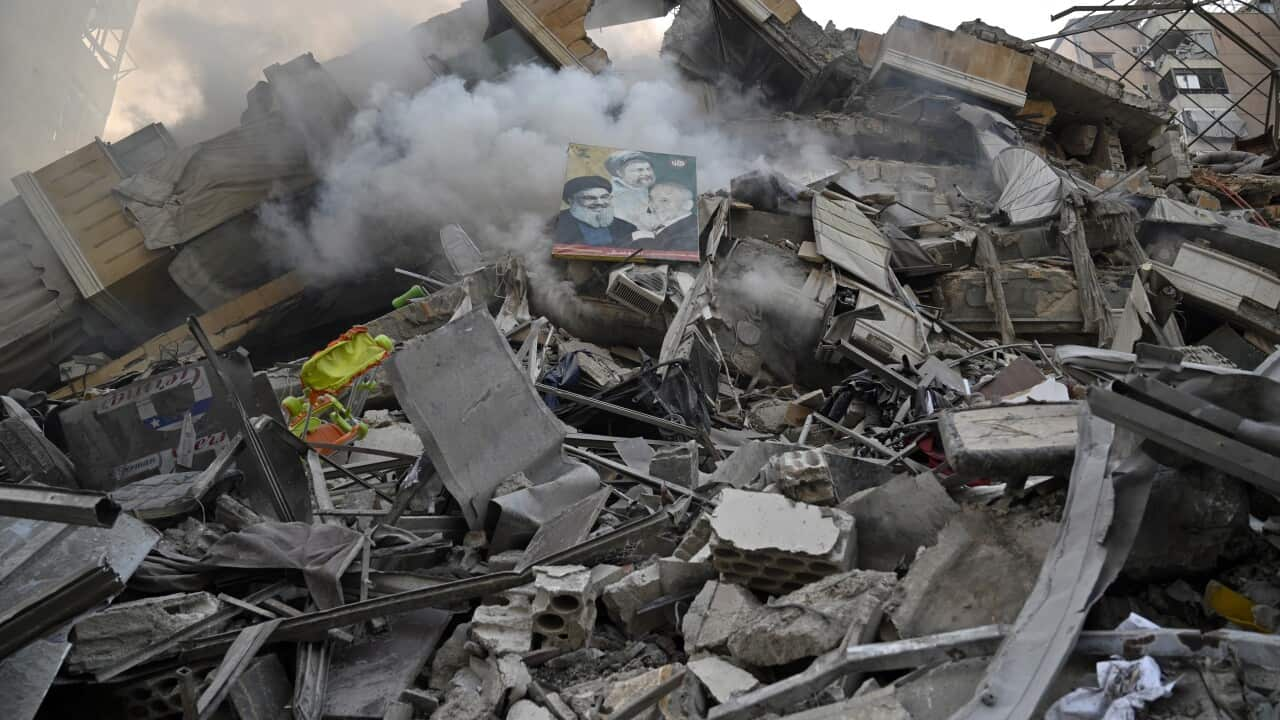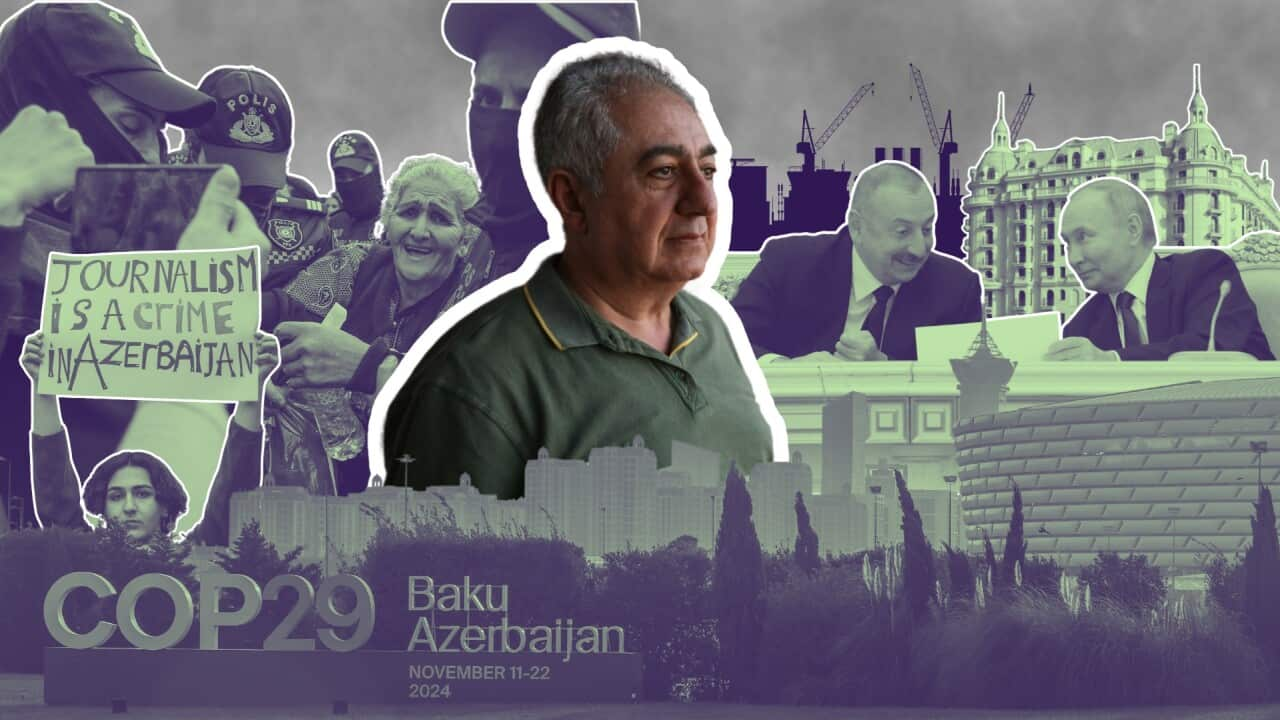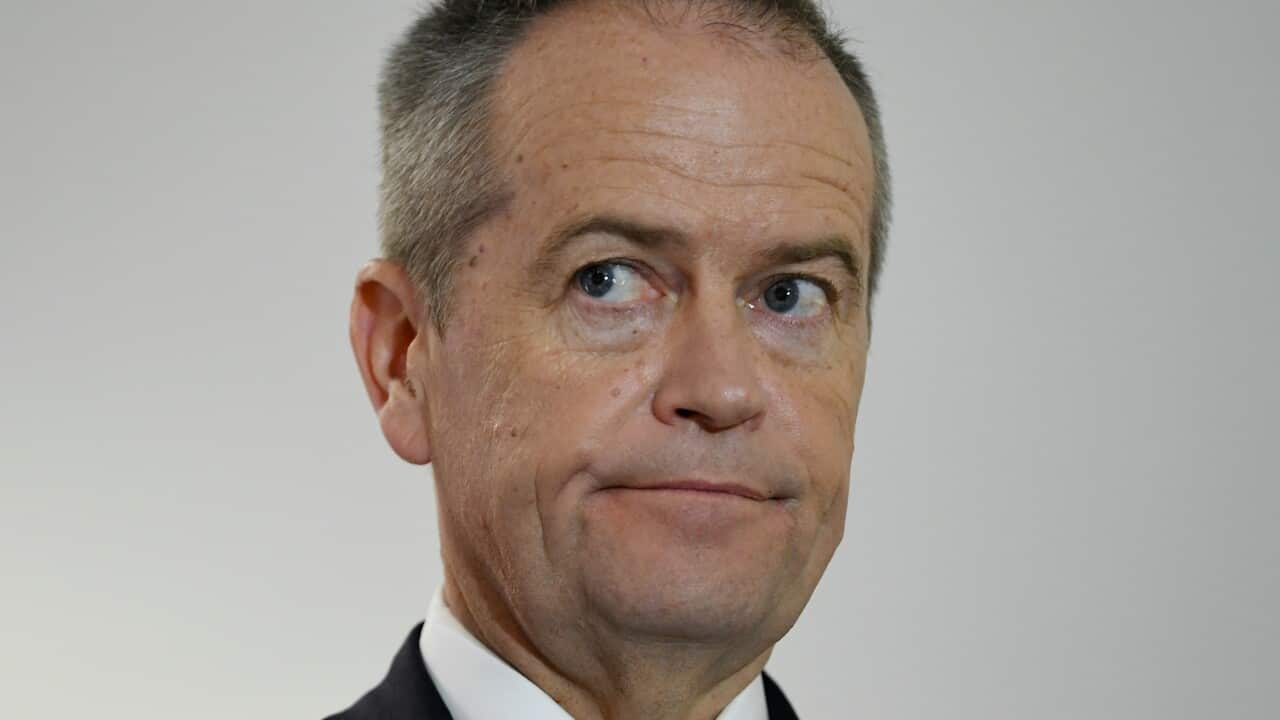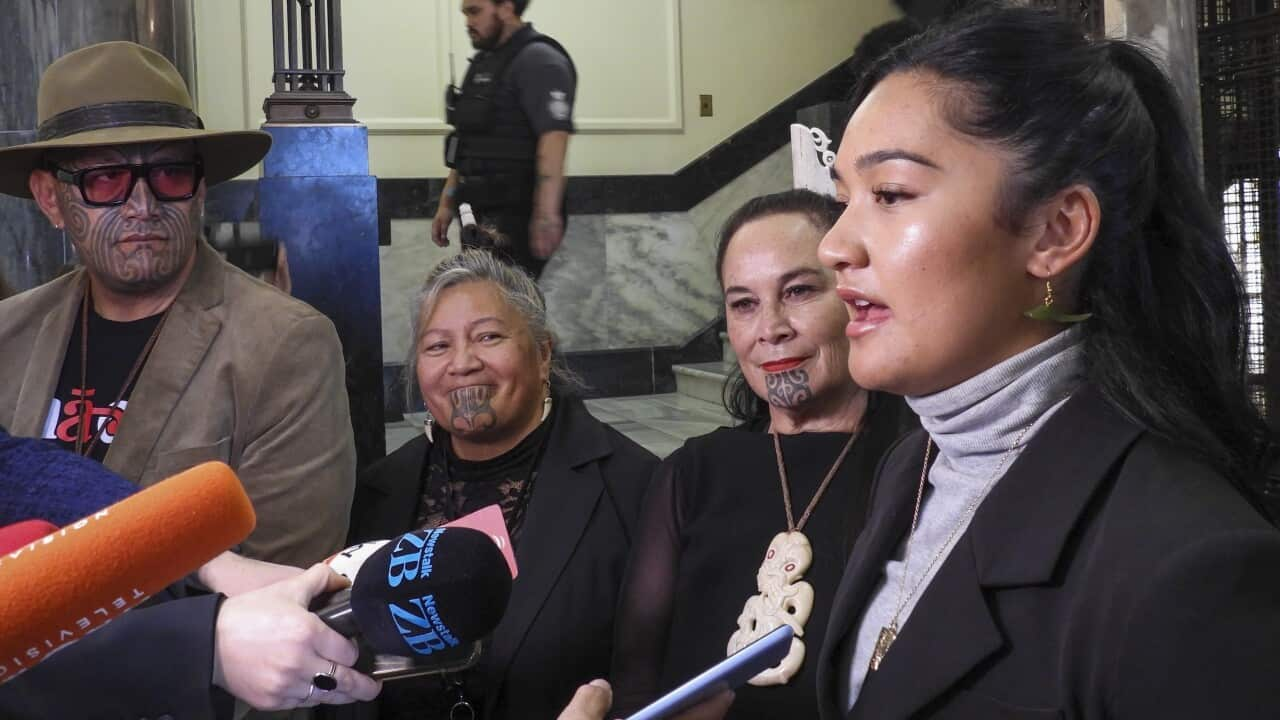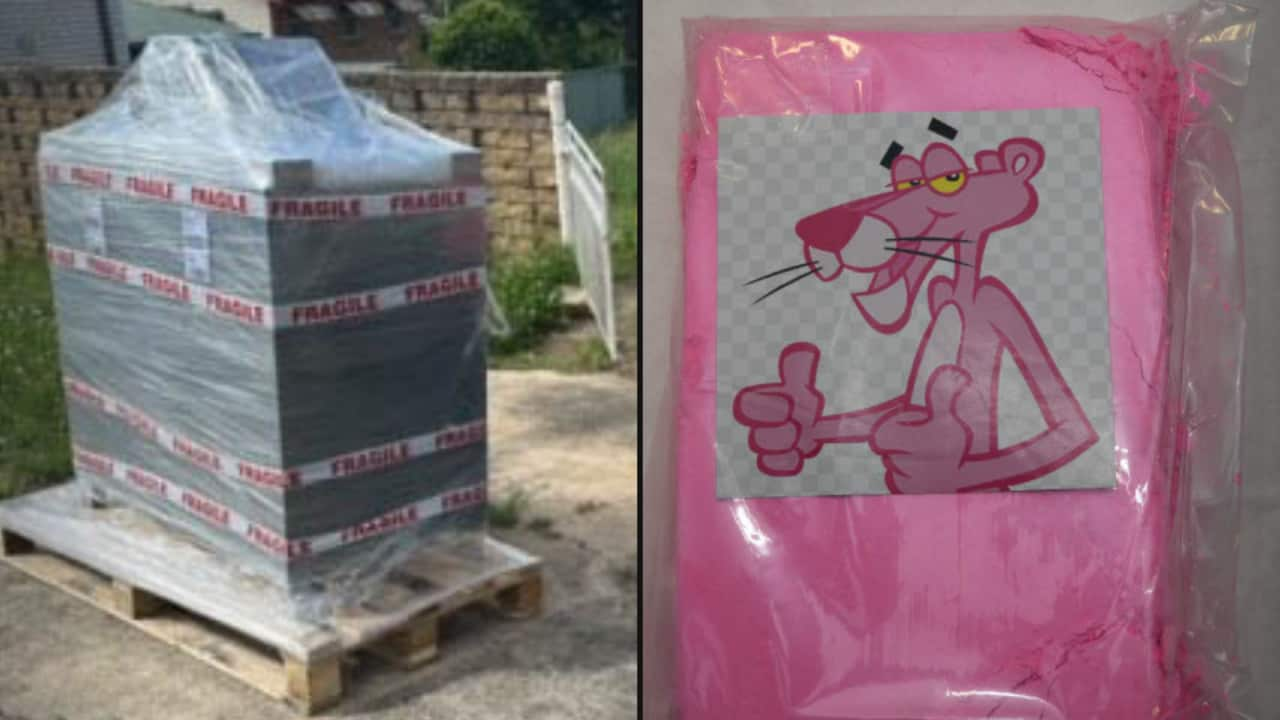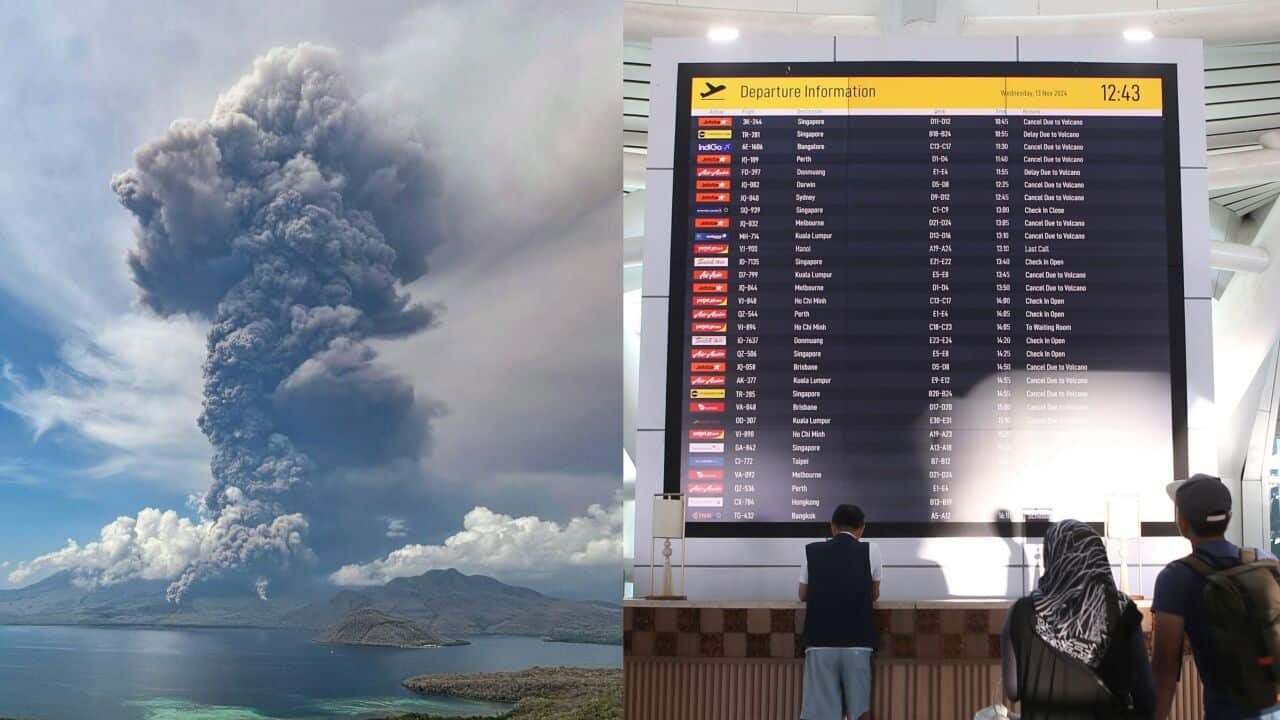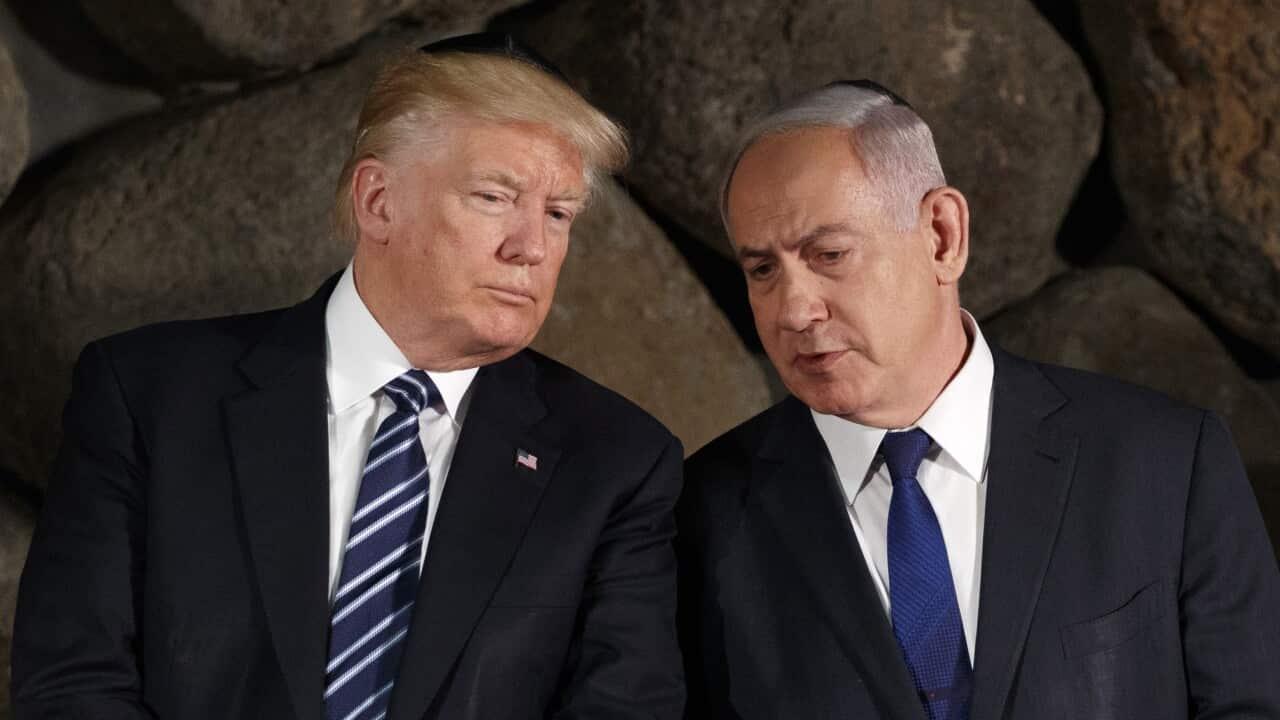Israel’s operation against continued to expand on Wednesday as the Israeli army launched heavy airstrikes on the eastern city of Baalbek, famed for its Roman temples and nearby villages, security sources told Reuters.
Tens of thousands of Lebanese, including many who sought shelter in Baalbek from other areas, fled after an Israeli evacuation warning.
Bilal Raad, regional head of the Lebanese civil defence, said the scene was chaotic.
“The whole city is in a panic trying to figure out where to go, there’s a huge traffic jam,” he said ahead of the bombardment.
At least 19 killed in Israeli strikes
Lebanon’s health ministry said 19 people were killed in Israeli strikes on two towns in the Baalbek area on Wednesday.
Following the airstrikes, the Israeli military said it had targeted Hezbollah fuel reservoirs in the Bekaa Valley region.
Responding to a question about Israel’s bombardment of Baalbek, the US State Department reiterated on Wednesday that Washington supports Israel’s right to go after legitimate Hezbollah targets in Lebanon.
However, it said Israel must do so in a way that does not threaten civilians, critical civilian infrastructure and significant cultural heritage sites.
For a third straight day, Hezbollah reported intense fighting with Israeli forces in or around the southern town of Khiyam — the deepest Israel’s troops are reported to have penetrated Lebanon since fighting escalated five weeks ago.
Hezbollah also said it had targeted a military camp southeast of Tel Aviv in Israel with missiles.
‘We should remain optimistic’
Lebanon’s prime minister expressed hope on Wednesday that a ceasefire deal between Israel and the Lebanese militant group Hezbollah would be announced within days.
The announcement came after Israel’s public broadcaster published what it said was a draft agreement providing for an initial 60-day truce.
The document, which broadcaster Kan said was a leaked proposal written by the US, said Israel would withdraw its forces from Lebanon within the first week of the 60-day ceasefire.
It largely aligned with details reported earlier by Reuters based on two sources familiar with the matter.
Mikati said he hadn’t believed a deal would be possible until after Tuesday’s US presidential election but became more optimistic after speaking on Wednesday with US envoy for the Middle East Amos Hochstein, who was due to travel to Israel on Thursday.
“Hochstein, during his call with me, suggested to me that we could reach an agreement before the end of the month and before 5 November,” Mikati told Lebanon’s Al Jadeed television.
“We are doing everything we can and we should remain optimistic that in the coming hours or days, we will have a ceasefire,” Mikati said.
The draft published by Kan was dated Saturday. When asked to comment, White House national security spokesperson Sean Savett said: “There are many reports and drafts circulating. They do not reflect the current state of negotiations.”
But Savett did not respond to a query on whether the version published by Kan was at least the basis for further negotiations.
The Israeli network said the draft had been presented to Israel’s leaders. Israeli officials did not immediately comment.
Hezbollah did not immediately comment on the leaked ceasefire proposal.
Earlier on Wednesday, , said the Iran-backed armed group would agree to a ceasefire within certain parameters if Israel wanted to stop the war, but that Israel had so far not agreed to any proposal that could be discussed.
It was Qassem’s first speech as secretary-general, a day after Hezbollah announced his election to the post after
The White House said US security official Brett McGurk would visit Israel on Thursday along with Hochstein. A US official had said they would be there to discuss a range of issues “including Gaza, Lebanon, hostages, Iran and broader regional matters”.
Israel and Lebanese militant group Hezbollah have been fighting for the past year in parallel with Israel’s war in Gaza after Hezbollah struck Israeli targets in solidarity with its ally Hamas in Gaza.
The conflict in Lebanon has dramatically escalated over the last five weeks, with most of the 2,800 deaths reported by the Lebanese health ministry for the past 12 months occurring in that period.
The push for a ceasefire for Lebanon is taking place alongside a similar diplomatic drive to end hostilities in Gaza.
No sign of Israel’s Gaza assault slowing
The Israeli military assault and killed tens of thousands of people shows no signs of slowing as Israel wages a new war against Iran-backed Hezbollah in Lebanon and its backer the US tries after a year of failed attempts to broker ceasefires for both.
Northern Gaza, where , is currently the focus of the military’s assault.
It sent tanks into Beit Lahiya, Beit Hanoun and Jabalia earlier this month to flush out Hamas fighters who it said had regrouped in the area.
The new operation has killed hundreds of Palestinians.
On Wednesday, the Gaza health ministry said at least 30 people were killed in Israeli strikes across the enclave, at least 23 of them in northern areas.
An Israeli military official said that the airstrike, which demolished a building, was not intended to destroy the structure and was aimed at a person on the roof whom troops had identified as a “spotter” amid heavy fighting.
The official, who could not be identified by name, said there were “discrepancies” between the numbers reported dead and what the military had observed but did not elaborate.
Israel says its northern assault has killed hundreds of militants. Hamas has not said how many fighters have died.
The assault in the north, in addition to new rules introduced by Israel and a halt to most private food deliveries, has also choked aid and food supplies to their lowest level since the beginning of the war.
Israel says it has continued food deliveries into Gaza and blames the United Nations for failing to feed Gazans.
Israeli statistics reviewed by Reuters on Wednesday show that aid shipments allowed into Gaza in October remained at their lowest levels since October 2023.
from operating on its territory could have a disastrous impact on humanitarian efforts in Gaza, UN officials said.
The Gaza war began after Hamas, the Palestinian militant group that for years ruled the territory, attacked Israeli towns and villages on , according to Israeli authorities.
The Israeli assault has decimated the besieged strip, wiped out its infrastructure and killed more than 43,000 people, Palestinian authorities say.




